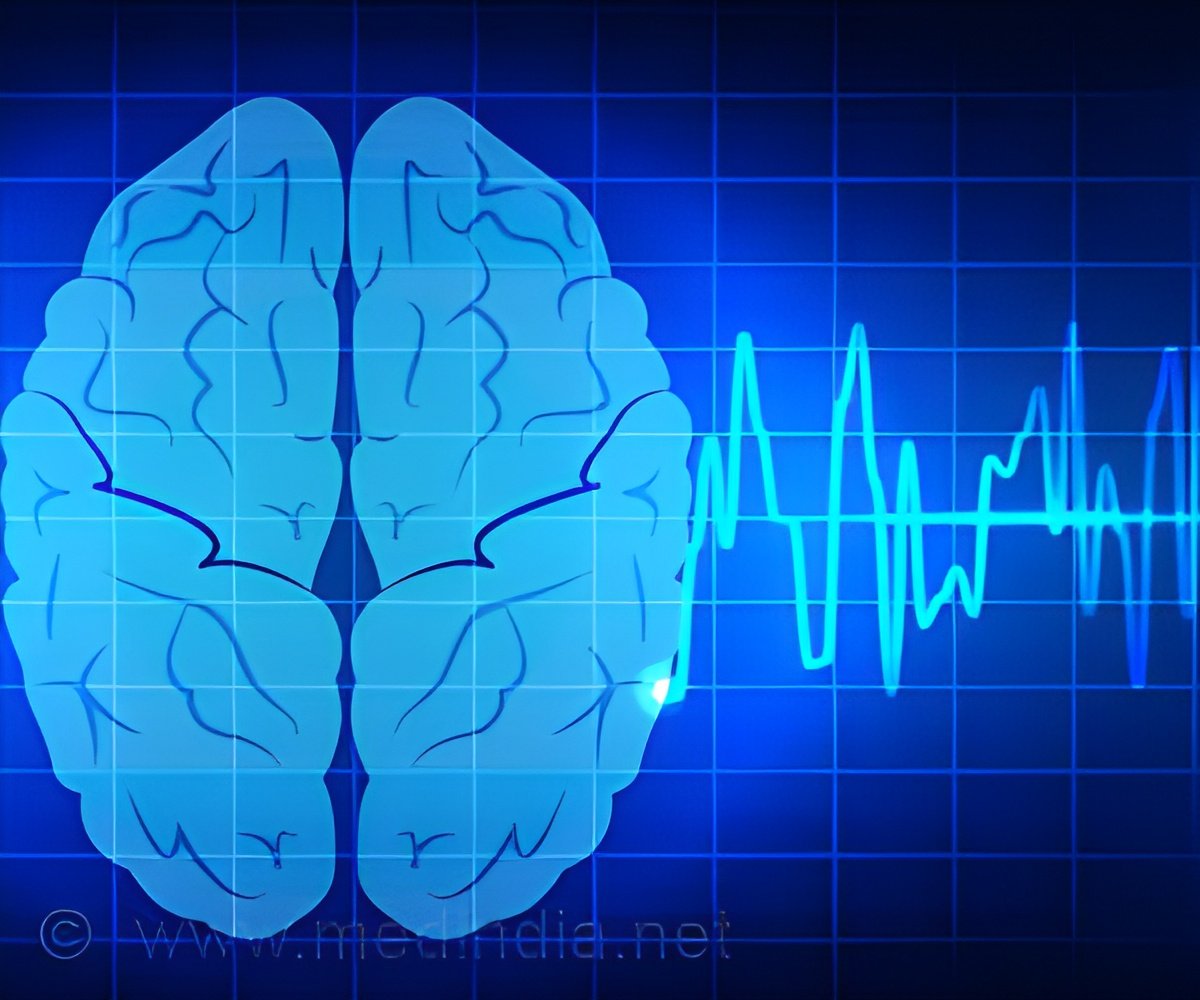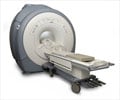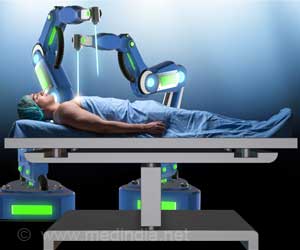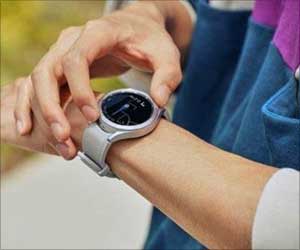
‘This study has developed a new brain scanner (magnetoencephalography system) that is wearable like a helmet and patients can move around during the scan. Current brain scanners are heavy and are not convenient to use.’
Tweet it Now
The researchers hope this new scanner will improve research and treatment for patients who can't use traditional fixed MEG scanners, such as young children with epilepsy or patients with neurodegenerative disorders like Parkinson's disease.Brain cells operate and communicate by producing electrical currents. These currents generate tiny magnetic fields that are detected outside the head. Researchers use MEG to map brain function by measuring these magnetic fields. This allows for a millisecond-by-millisecond picture of which parts of the brain are engaged when we undertake different tasks, such as speaking or moving.
Current MEG scanners are large and weigh around half a tonne. This is because the sensors used to measure the brain's magnetic field need to be kept very cold (-269°C) which requires bulky cooling technology. With current scanners, the patient must remain very still whilst being scanned, as even a 5-mm movement can make the images unusable. This means it is often difficult to scan people who find it hard to remain still such as young children, or patients with movement disorders. It also poses problems when one might need a patient to remain still for a long time in order to capture a rarely occurring event in the brain, such as an epileptic seizure.
These problems have been solved in the new scanner by scaling down the technology and taking advantage of new 'quantum' sensors that can be mounted in a 3D-printed prototype helmet. As the new sensors are very light in weight and can work at room temperature, they can be placed directly onto the scalp surface. Positioning the sensors much closer to the brain increases the amount of signal that they can pick up.
The light-weight nature of the new scanner also means that, for the first time, subjects can move their heads during the scanning. However, the quantum sensors will only operate in this way when the Earth's magnetic field has been reduced by a factor of around 50,000. To solve this problem, the research team developed special electromagnetic coils, which helped to reduce the Earth's field around the scanner. These coils were designed specifically to sit either side of the subject, and close to the walls of the room, to ensure that the scanner environment is not claustrophobic.
Advertisement
Professor Gareth Barnes, who leads the project at the Wellcome Trust Centre for Human Neuroimaging at UCL, said: "This has the potential to revolutionize the brain imaging field, and transform the scientific and clinical questions that can be addressed with human brain imaging. Our scanner can be worn on the head like a helmet, meaning people can undertake tasks whilst moving freely. Importantly, we will now be able to study brain function in many people who, up until now, have been extremely difficult to scan - including young children and patients with movement disorders. This will help us better understand healthy brain development in children, as well as the management of neurological and mental health disorders"
Advertisement
Professor Richard Bowtell, Director of the Sir Peter Mansfield Imaging Centre in Nottingham added "It's great to see this collaboration between neuroscientists, engineers and physicists from two different universities producing a potential step-change in brain scanning technology. This was made possible by a Wellcome Collaborative Award which is an important funding stream that aims to promote the development of new ideas and speed the pace of discovery"
Andrew Welchman, Wellcome's Head of Neuroscience and Mental Health, said: "MEG is a really valuable tool in neuroscience, but current scanners are still not widely used as they're expensive, cumbersome and their 'one-size-fits-all' design doesn't work for many patients. This new scanner is exciting not only because it overcomes those issues and will help improve our understanding of how the brain works but also because it has huge potential for clinical use. This could lead to better care for patients, such as young children and people with epilepsy where current options are severely limited and very invasive."
Source-Eurekalert












